Nigerian President Muhammadu Buhari has been out of the country since May 7, seeking medical care in London. He has not disclosed the nature of his condition, and official updates about him have been rare.
It was only last week that the government released a photo of Buhari, the first image of him since he left Nigeria. This is Buhari’s second medical leave to the United Kingdom this year; his previous trip was nearly two-months long.
Buhari’s poor health and absence from the country raises questions about who governs when presidents get sick. Some research I’ve done about presidential ill health in Africa – and in Nigeria specifically – shows how important constitutions can be in dealing with sick presidents.
Unfortunately, for Nigerians, Buhari’s condition is a bit of deja vu.
Everyone gets sick – even presidents – but in 2010, an ill Nigerian president died in office.
Suffering from kidney and heart problems, former Nigerian president Umaru Yar’Adua sought emergency treatment in Saudi Arabia in November 2009. Yar’Adua returned to Nigeria in February 2010, but he died in office just three months after his return.
Following Yar’Adua’s death in office, his Vice President Goodluck Jonathan assumed the presidency, which is consistent with Nigeria’s constitution. More specifically, Section 146 of the Nigerian constitution (1999) states:
“The Vice-President shall hold the office of President if the office of President becomes vacant by reason of death or resignation, impeachment, permanent incapacity or the removal of the President from office for any other reason.”
Rules on succession following presidential death are not uncommon in African constitutions.
In an article I wrote with University of Malawi political scientist Boniface Dulani, we examined what happens when African presidents die in office. We surveyed all deaths in office since independence and we examined closely successions following the deaths in office of Umaru Yar’Adua in Nigeria in 2010, Levy Mwanawasa in Zambia in 2008 and Bingu wa Mutharika in Malawi in 2012.
Mutharika’s death in office and the initial uncertainty surrounding succession in Malawi prompted us in 2012 to look at other African cases. The timing was rather auspicious, as 2012 was the year when four African leaders died in office: Mutharika of Malawi, Meles Zenawi of Ethiopia, John Atta Mills of Ghana and Malam Bacai Sanhá of Guinea Bissau.
Our research identified 11 deaths in office of African leaders between 2008 and 2012. In nine of those 11 cases, the succession followed constitutional procedures, typically the transfer of power from the leader to his deputy. (The two others were a coup d’état in Guinea in 2008 and a revolution in Libya in 2011.) Constitutional succession is much more common today than in the period between independence and the third wave of democratization in Africa (1960 to 1990), when presidential deaths were often followed by a coup d’état or the military appointing a new leader. Our findings are consistent with work by political scientists Daniel Posner and Daniel Young, who show that political institutions became more important than personal relationships in shaping African politics after the third wave of democratization.
Although rules about succession are important, our research showed that a leader’s death did not necessarily lead to uncertainty about succession.
Uncertainty and inaction were more likely in cases of poor presidential health.
Like in the case of Yar’Adua in Nigeria, Zambia’s Levy Mwanawasa had a prolonged absence from his country while still holding the office and responsibilities of being president. He had a stroke in June 2008 and it is unclear whether he engaged in any governing after that stroke and before his death in a French hospital on Aug. 19, 2008.
In Nigeria – like in Zambia and Malawi – there are provisions in the constitution for when a president is too ill to carry out official duties. For example, Nigeria’s constitution (specifically, Section 144) stipulates that the president “shall cease to hold office” if a two-thirds majority of the Federal Executive Council declares that he is “incapable of discharging the functions of his office”; such a declaration would have to be verified by a panel of five medical experts.
In our research, however, we did not come across many African examples when constitutional provisions for medical incapacity were invoked. One example emerged during Yar’Adua’s long absence: Nigeria’s senate voted on Feb. 9, 2010, to delegate presidential responsibilities to Jonathan and make him acting president. However, there was never a declaration by a panel of medical experts that Yar’Adua was unfit to govern, and he returned to Nigeria on Feb. 24, 2010, and resumed his office and duties.
Despite the similarities between Buhari and Yar’Adua’s long medical holidays, there is an important difference.
Before he left the country to seek medical treatment, Yar’Adua did not deputize his vice president to be acting president. Because he did not deputize Jonathan during his absence, there was a lot of uncertainty about who was in charge and even fear of a coup.
Buhari, on the other hand, deputized his vice president, Yemi Osinbajo, as acting president before he left to seek medical care. Although the rumor mill during Buhari’s absence is just as vibrant as it was during Yar’Adua’s absence, there is no uncertainty about who is governing. Nigerian and international media refer to Osinbajo as the acting president and report on how he is governing.
In an interview with the BBC, Nigerian Governor Rochas Okorocha was optimistic about Buhari’s recovery and forthcoming return to Nigeria, saying he expects it will happen in the next two weeks. Nevertheless, Buhari’s prolonged absence and ill health raise important questions about who rules when a president is sick. Although formal rules stipulate what should happen, the rules need powerful people to engage them.
Kim Yi Dionne is Five College Assistant Professor of Government at Smith College. She studies identity, public opinion, political behavior, and policy aimed at improving the human condition, with a focus on African countries. Follow @dadakim
Source: Washington Post









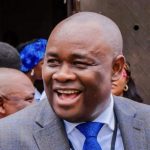




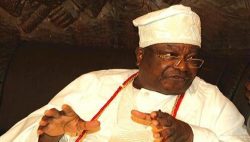
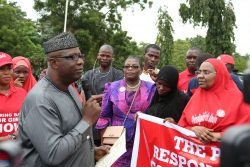





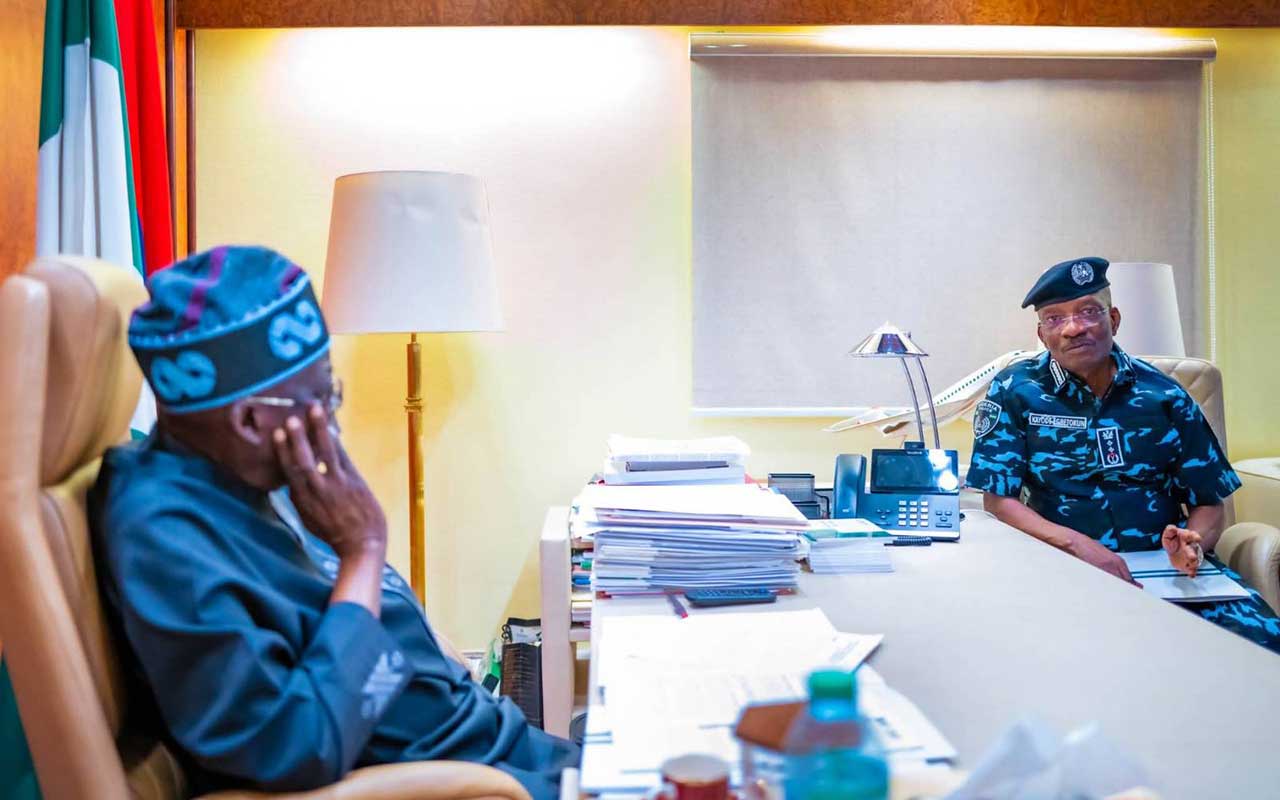
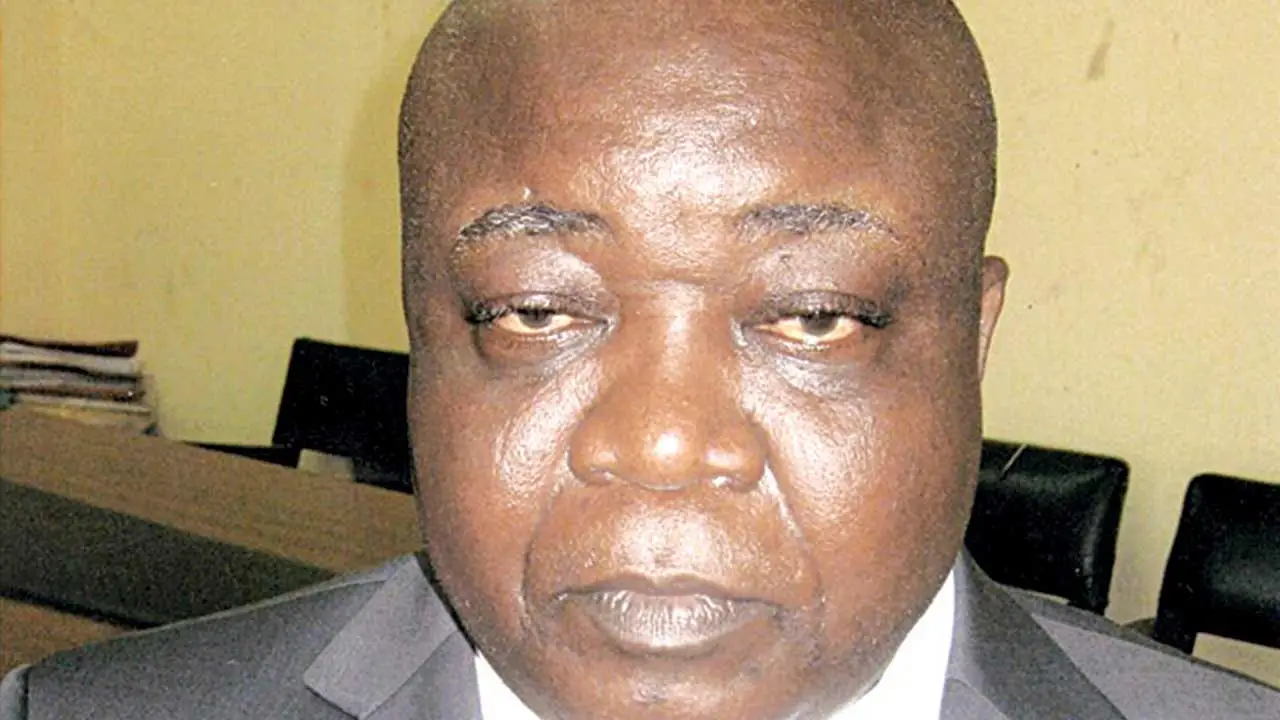
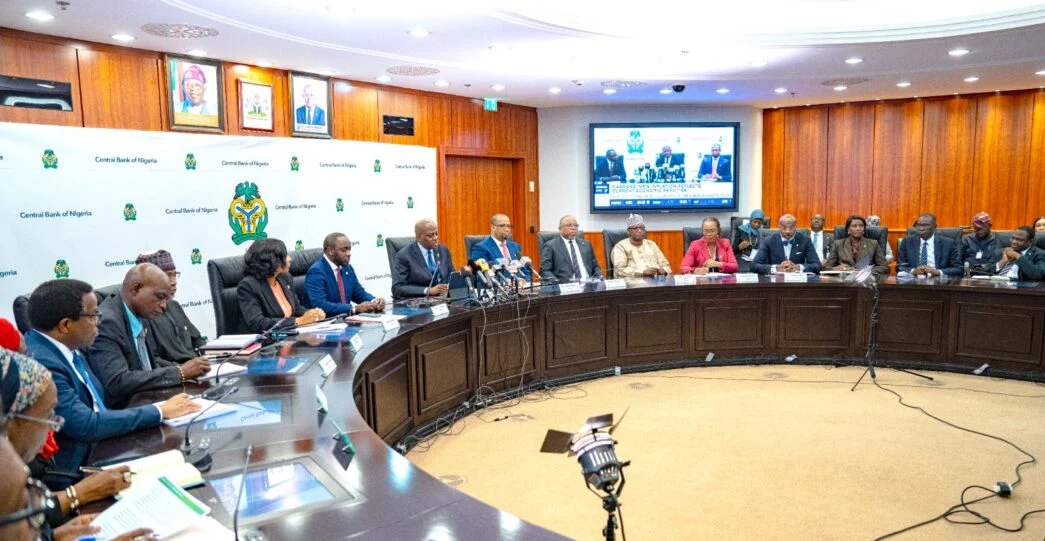
Leave a comment